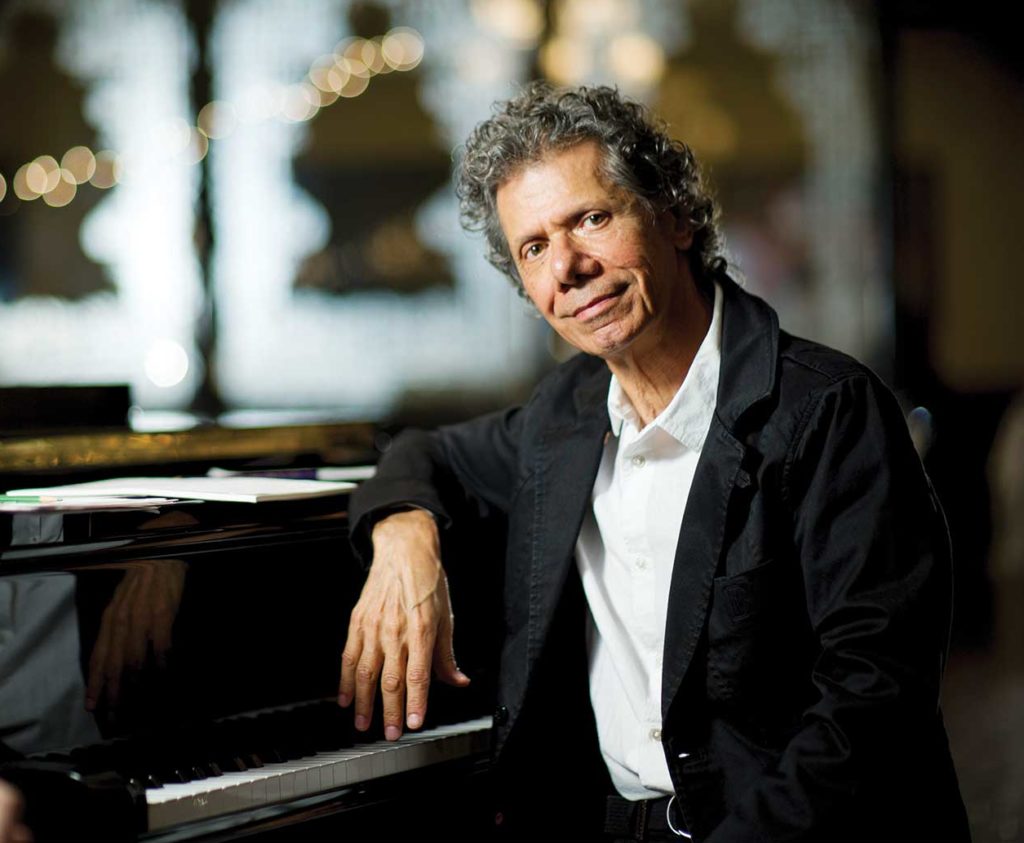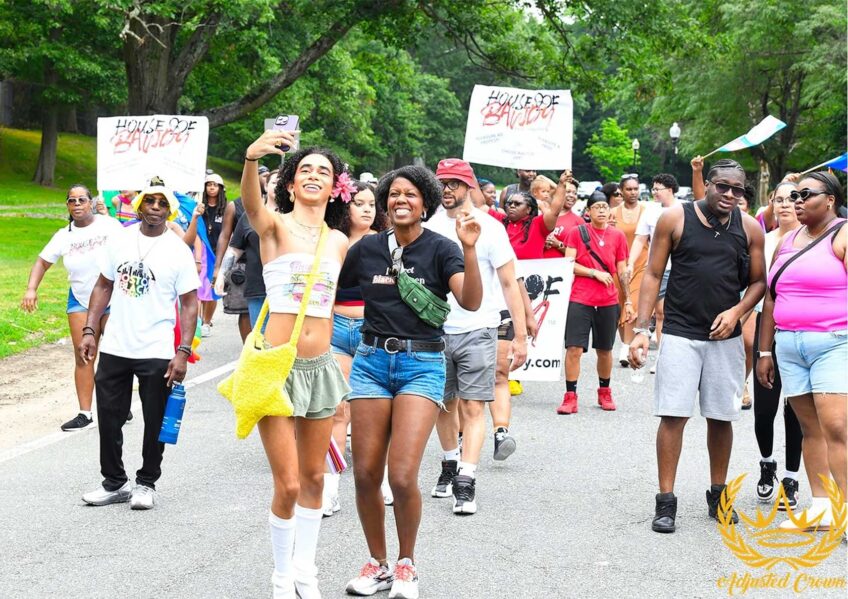
Born and raised in Chelsea, Massachusetts, just over the bridge, Chick Corea is one of a handful of musicians of his generation to have shaped profoundly what younger generations compose, play and even think of as jazz. He is famous for performing on two classic Miles Davis albums — “Bitches Brew” and “In a Silent Way” — as well as on his own classic, “Return to Forever.” Corea has won 23 Grammy awards, which puts him in the top three of all winners. His most recent Grammy was in 2020 for Best Latin Jazz Album: Chick Corea and the Spanish Heart Band. Having played extensively with Cab Calloway, Sarah Vaughan, Miles Davis, Herbie Hancock, and nowadays with Christian McBride and Bride Blade, Corea is ever-changing, but at the same time remaining true to the principles that create structure in art. He recently started the online Chick Corea Academy, offering master classes and live weekly workshops. The Banner caught up with Corea by phone from his home in Florida.
Your first gigs as a teenager were with Cab Calloway in Boston. His exuberance and playfulness seem still to have a bearing on your work and outlook — or is that a stretch?
I’ve always connected with elders and musicians and entertainers who are able to be great communicators with their audiences. Especially sophisticated musicians, like Duke Ellington, who was one of the greatest band leaders of all time. His affinity with the audience was the grease and butter. Others, too, like Louis Armstrong, Dizzy Gillespie and Thelonious Monk. Monk would dance! He’d get up from the piano and dance. He would wear hats on stage. Him and Miles Davis would perform without verbal communication and create a vibe. Another great communicator was Sarah Vaughan, with whom I performed for a year-and-a-half.
Your dad was a bandleader in Boston in the 1930s and ’40s. Tell us about that.
My father played the trumpet. His band had a couple of saxophones, a second trumpet, a rhythm section, a guitar player and sometimes a female singer. He played dance halls and was on the radio and would take me on gigs. That’s where I learned a lot of the American standards.
There’s a joyfulness about your live performances. Is creating that experience for audiences exhausting for you on stage?
No, no! It’s invigorating, absolutely! It’s what we live for — that moment. What an adventure we’re having. You can’t beat that.
You have this description on the Chick Corea Academy website: “I have observed that the more art and music there is in a family or a community, the more pleasant and livable it is. The creative impulse is basic to all human beings. It just needs to be recognized and nurtured to grow into something beautiful.” How and when did you get started with this?
We’re in about our 14th week. We started in mid-March, at the beginning of the lock-down. I had just bought an iPhone 11 and tested it live on Facebook by playing and practicing. I kept doing this, 32 days in a row. And it turned out to be fun. Musicians had questions, it got a tremendous response and it helped me to relax. So that gave me the idea that I could project this into the future with cameras, and it created a way to answer questions directly. The bottom line is that throughout my whole life I’ve felt that to understand a subject such as music or art, exchanging and sharing knowledge — conferring with others — is important. Art is a pretty subjective subject. So learning through direct communication is a way for us as individuals to connect with one another. I try as best I can with the academy to create open communication.
Your new solo two-CD set releases on 9/11 and includes Mozart, Gershwin, Bill Evans and children’s songs. Solo?
That evolved as far back as 1971 out of a solo piano concert that was put on in Germany. It was a concert of soloists: John McLaughlin on guitar, Gary Burton on vibes, and I was on the piano. It was a hit! The audience really liked it. A gig followed in Paris, then I took a break to record “Return to Forever,” and more recently I’ve been writing piano pieces especially for solo. As for children’s songs, hey, kids and tots brighten us up, and I wrote the pieces with their spirit in mind.
You’ve said, “Things keep changing, you can count on that,” and that’s a good description of what you do; that restlessness is part of the work. Can you say more about that?
It seems to me that change is a desire to remain in the present without past or future, to experience things as if for the first time. To see things freshly, to create something fresh. To look at a score, whether it’s Gershwin or Mozart, and hear new sounds, to always change.
As a white musician in the world of jazz, you’re unique because your collaborations have been with many Black musicians rather than independent like Art Pepper or Chet Baker. What are your thoughts about that?
Musicians come from all over the world, from everywhere, every color, with every language you can think of. For me it’s all about respect: The golden rule is the answer to any kind of prejudices. Trust, politeness, kindness: all the great virtues that demonstrate how you would like to be treated. Start on the level of respect. Martin Luther King Jr. and Malcolm X understood that. And as we are the human race, various beautiful things come from all over: Black, Indian and Japanese cultures, for example.
Who inspires you as a musician?
I have a wall of heroes in my home. I’m walking by it as I’m talking to you. Imagine you’re seeing the photographs I am looking at right now: My dad’s bands, Art Tatum, here’s Thelonious Monk in 1948, Bud Powell in 1958. Horace Silver — he was a big, big mentor for me. Here’s a young McCoy Tyner. Herbie Hancock. Oh, this is a glorious picture: Dizzy Gillespie and Charlie Parker, you can almost hear what they’re saying. And take a look, this is Miles Davis, looking dapper, trumpet in his hand!






